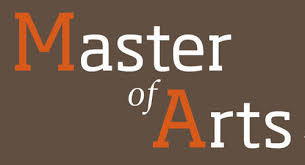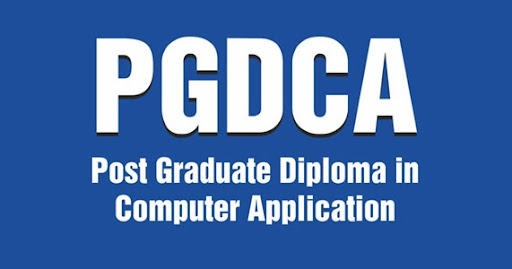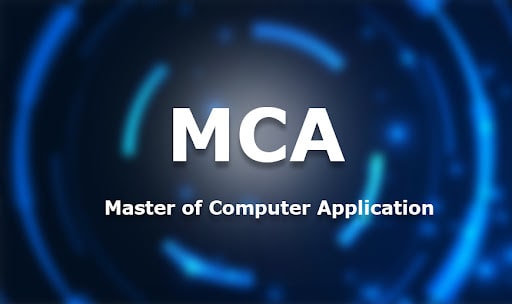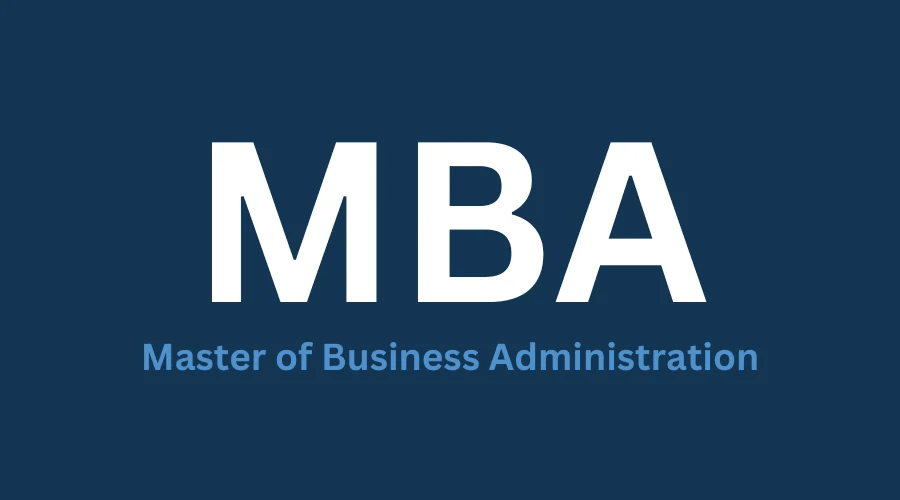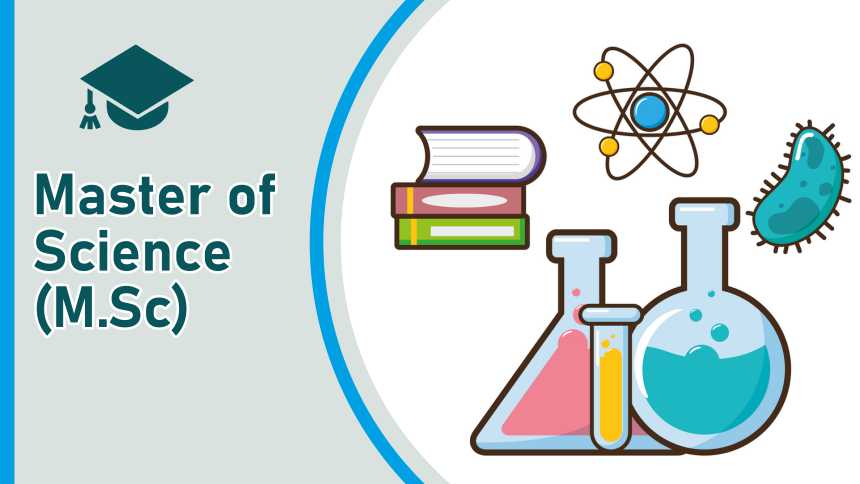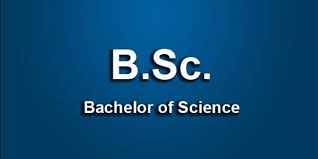COURSE DETAILS
Master Arts (M.A)
Course Overview
The Master of Arts (M.A.) is a postgraduate degree program in the field of liberal arts, humanities, and social sciences. It is designed for students who wish to deepen their knowledge in subjects such as Literature, History, Political Science, Sociology, Psychology, Philosophy, and more.
An M.A. goes beyond undergraduate study by focusing on advanced theories, research methodologies, critical analysis, and independent learning. Students engage in seminars, workshops, research projects, and dissertations, allowing them to develop both academic and professional expertise.
Duration & Structure
Duration: 2 years (4 semesters)
Mode: Full-time / Part-time / Distance learning (varies by institution)
Learning Components:
Advanced Coursework (subject-specific)
Research Methodology & Analytical Training
Elective and Interdisciplinary Subjects
Dissertation / Thesis (in the final year)
Seminars, Workshops, Presentations
SpecializationsThe MA program offers a wide range of subjects. Common specializations include:
English Literature
History
Political Science
Psychology
Sociology
Philosophy
Economics
Education
Fine Arts
Journalism & Mass Communication
International Relations
💼 Career OpportunitiesGraduates with an MA degree can explore diverse professional paths:
Academia & Research → Lecturer, Professor, Researcher
Civil Services & Public Policy → Government jobs, policy analysis, think tanks
Corporate & NGOs → HR, administration, content development, project management
Media & Communication → Journalism, publishing, editing, digital content creation
Counseling & Psychology (for MA Psychology graduates)
Creative Fields → Writing, translation, performing arts, fine arts
🚀 Why Pursue an M.A.?
To gain expertise in a chosen subject.
To build strong research and analytical skills.
To prepare for Ph.D. or further higher studies.
To open doors to specialized career opportunities.
To contribute to academia, policy-making, and social development.
